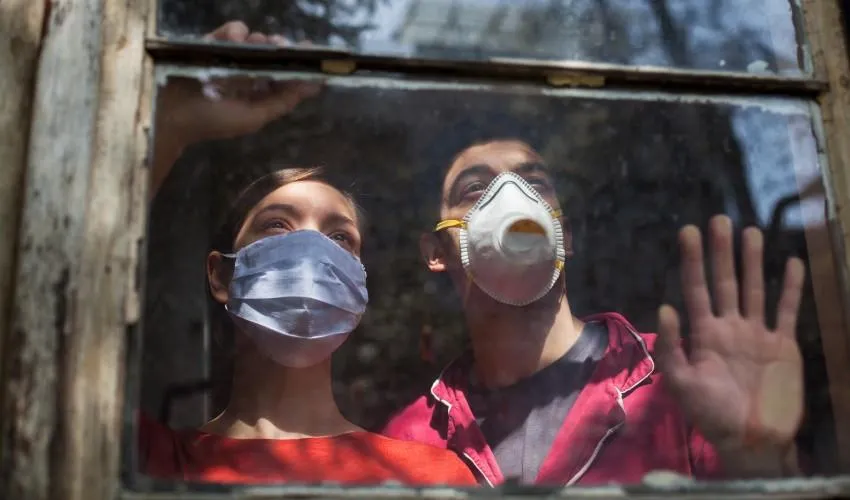
Anxiety and Depression: the New Challenge of the National Health Service
More than half of Italians feel healthy, despite the pandemic. But even among them about a third complain of problems, albeit mild, of anxiety and depression. Among the reasons for concern follow the sense of discomfort and slight pain. Coming to grips with this and caring for them are therefore the next challenges that the National Health Service (NHS) will have to face, according to Oriana Ciani of CERGAS, SDA Bocconi School of Management, together with colleagues Vittoria Ardito, Carlo Federici, Aureliano Finch, Alessandro Furnari, Claudio Jommi, Francesco Malandrini, Michela Meregaglia and Rosanna Tarricone, who have curated "Health outcomes and performance of the National Health Service", chapter n. 7 of the 2021 edition of the Oasis Report, Observatory on companies and the Italian health system. In particular, this year's study concerns the perception of the state of health as it was judged by a representative sample of the Italian population, interviewed between November 2020 and February 2021. That is, in the midst of the second wave of COVID. "Health outcomes reported directly by individuals, and not based on clinical data, are becoming increasingly important," says Ciani.
Then there are other indirect repercussions of the socio-health crisis that the National Health Service will have to manage: the increasing demand for services emerges in absolute first place, due to suppressions or delays in accessing services due to the restrictions imposed during the initial phase of the epidemic. Secondly, it will be necessary to take into account the long-term effects associated with both isolation, also in children, and the economic crisis that followed the health crisis. Speaking of young people in general, it is among them that "there is a diffusion of symptoms of anxiety and depression, a countertrend," underlines Ciani. "Usually, the problems on these investigated dimensions concern adults more and to a lesser extent children."
To achieve these goals of care, the authors of the chapter conclude, the importance of the National Health Service being supported with adequate funding is reconfirmed, partly as already foreseen through the increase of the National Health Fund until 2026. But in particular it is necessary to focus on the need for technological innovation of the entire system, at least according to the launch of numerous digitization initiatives and the contents of the National Recovery and Resilience Plan (NRP), which also aims at strengthening the NHS by spreading its interventions locally, thanks to the relaunch of territorial assistance.